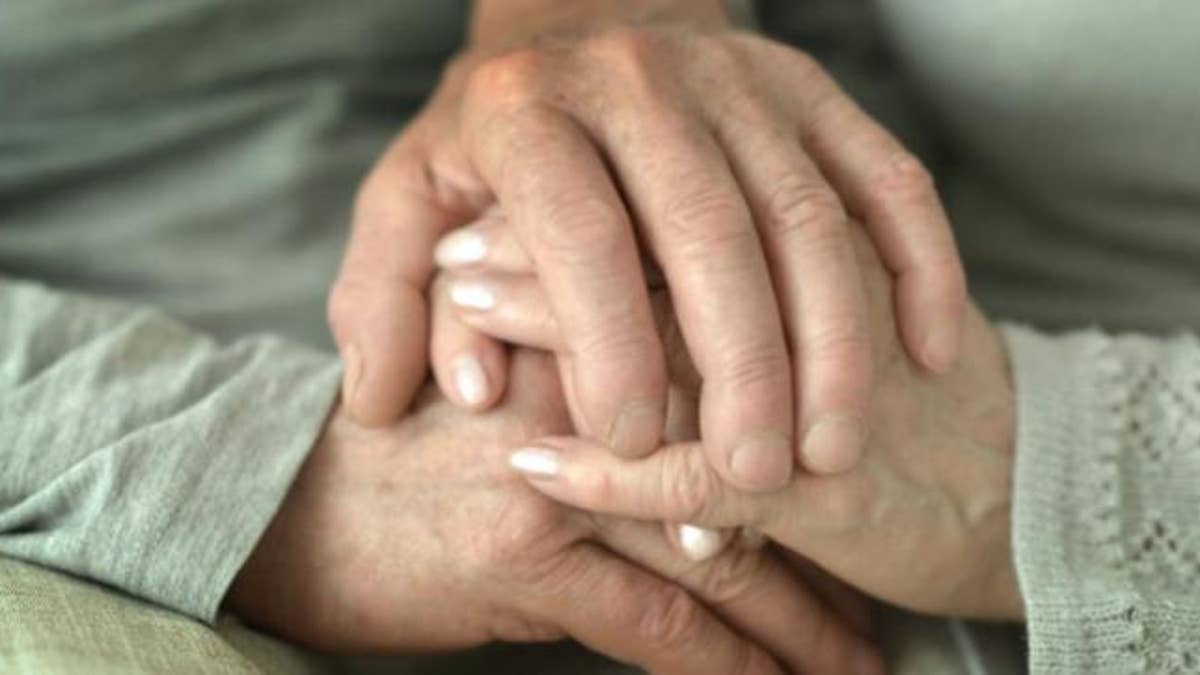
Eileen Wagner kept a secret for over 80 years — and it was a big one. As a teenager living in a Green Bay suburb in 1932, she was raped by a boy, sent to a home for pregnant girls, and forced to give up the child for adoption.
"In those days, it was such an embarrassment," the 99-year-old tells the Chicago Tribune. "It was a lonesome time."
She never hoped to see her daughter again, but a phone call she received in her home in Monroe, Wisconsin, last month brought tears of joy. "Hello, Mother," said her long-lost daughter, 83-year-old Dorien Hammann, on the line.
The way it happened is an astonishing testament to how modern attitudes and technology have revolutionized adoption reunions. As for Wagner, she admits to thinking of her daughter every day, but says she only told the true story to her now-deceased husband, Richard. "Everything is so open now, but years ago," experiences like hers were "taboo," says Wagner.
Meanwhile, Hammann was raised by a civil engineer and homemaker in a Milwaukee suburb and told about her adoption — but never felt the need to reconnect. Then states began revealing adoption records after research in the 1980s and '90s showed that adoption reunions were often positive experiences. Eventually, Hammann's daughter-in-law Googled names from the adoption document, contacted Wagner, and a reunion was in the works. It turned out to be a happy one, with mom and daughter talking and comparing similarities for hours. "I thanked her for giving me up because I did have such a good home," says Hammann.
But, in related news, not everyone is so happy: In Canada, unwed mothers who were forced to give up their children for adoption decades ago are demanding that the government acknowledge their trauma, the Globe & Mail reports.
